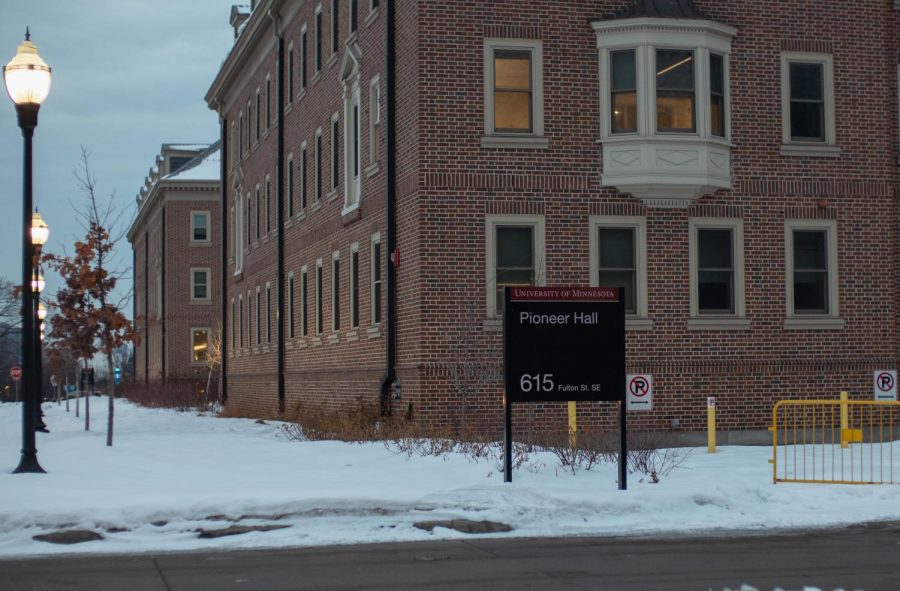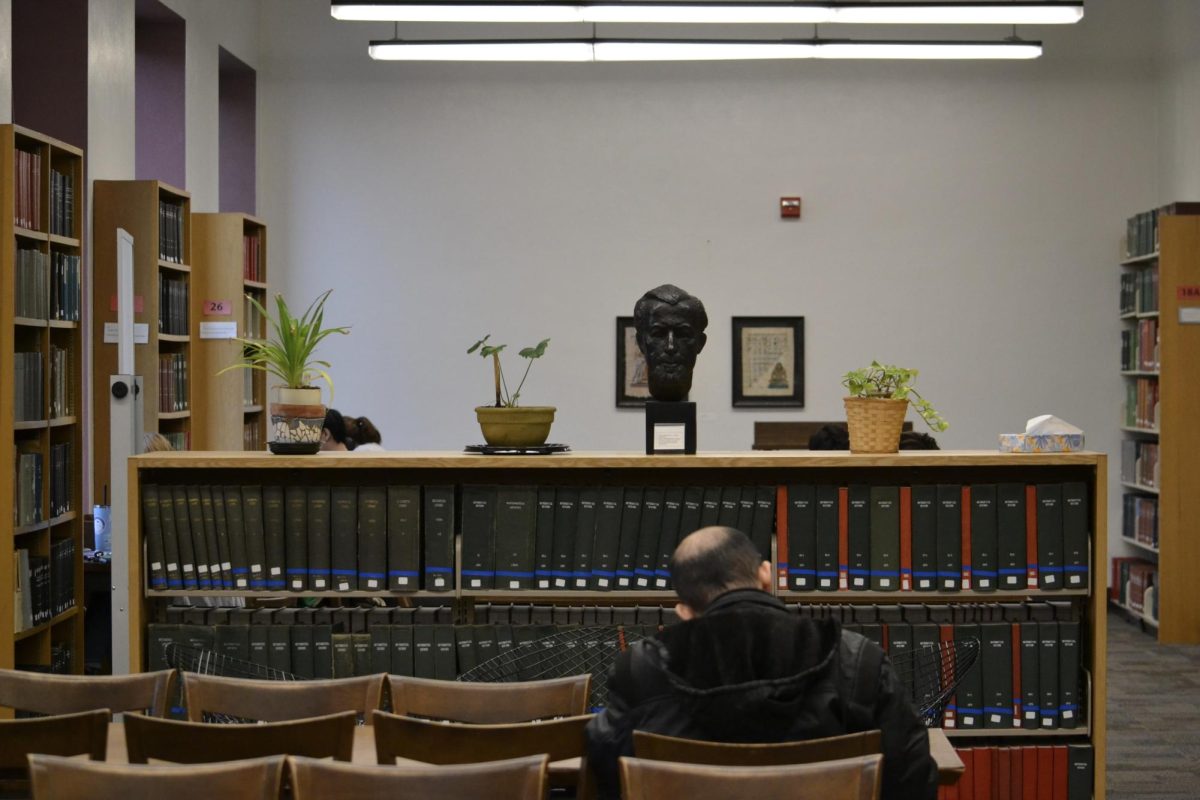The University of Minnesota School of Social Work (SSW) is planning to cut the salary of Youth Studies (YOST) community faculty members by the fall 2023 semester due to a $500,000 budget deficit within SSW.
Joan Blakey, the new SSW director, made the decision. Blakey officially started her position as director on July 1, and she now oversees all programs, faculty and staff at SSW including its budget and the direction of the YOST program.
Blakey said the decision was made after it was discovered community faculty salaries were over budget and there were pay disparities between community faculty members.
Community faculty are professors with jobs outside of the University who do not generally have long-term contracts, job security or benefits such as health insurance through the University.
SSW has had a budget deficit for several years that was covered by reserves, or money available on hand to cover a wide range of expenses, but they were emptied when Blakey’s position started, she said.
Blakey said she does not know exactly how long or for what reasons there has been a deficit.
Blakey said she started discussing the budget deficit with faculty at the beginning of the semester and has been communicating with faculty the information she has learned about the causes of the budget deficit.
The YOST department has two tenured professors, roughly 26 community faculty members and 5 full-time professionals and administrators. Deborah Moore, interim director of the Undergraduate Program for the School of Social Work and a YOST professor, said she was upset to hear about the pay cuts.
“They are the frontline workers for our department,” Moore said. “It’s distressing to think about a significant number of them saying, ‘I can’t do this anymore.’”
Moore said she heard about the budget deficit in August, but was not fully aware of how Blakey wanted to solve the issue until October.
Katie Erickson, a community faculty member, teaches Introduction to Child Maltreatment and works as a child protection investigator for Hennepin County. Through her experiences and connections, she teaches students how to identify child abuse and maltreatment and how child protection agencies function.
Erickson said she makes $5,598 for the three-credit course she teaches, working 10 hours per week on average, and is undecided if she will stay at the University if her salary is cut.
“I want to keep teaching,” Erickson said. “But I don’t want to do it for an institution that doesn’t value its community faculty and students.”
Sarah Etheridge is a fourth-year student and vice president of the YOST cooperative, a student organization founded by YOST students. She said YOST students were upset to hear about the community faculty pay cuts.
“We were totally blindsided by the news,” Etheridge said.
Community faculty are the lifeline of the YOST program and go above and beyond to help students, Etheridge said.
“I’ve had to fight for my education for eight years across many different institutions,” Etheridge said. “I wouldn’t be graduating if it wasn’t for the community faculty I’ve met.”
John Marboe, a community faculty member who teaches Youth Work and Spirituality, said he wants to teach his students to listen and create safe and comfortable spaces for others to discuss difficult topics and spirituality. He said he uses his experiences from his other jobs to teach students the importance of spiritual care.
Marboe earns $8,600 for teaching four credits and puts in an average of 20 hours of work for the course per week, he said. Outside of the University, Marboe works as a Lutheran pastor and at funeral homes to provide pastoral services for families.
On Nov. 9, Marboe attended the YOST sit-in to protest the proposed pay cuts and said he was impressed with the strength and articulation of the students.
Marboe said Blakey did not provide answers to the students’ questions at the sit-in, and he will resign if the school follows through with the pay cuts.
“I found Blakey’s answers to be vague and evasive, though I respect her for showing up,” Marboe said. “This is not the way to treat people who are valuable to the program.”
The University is working toward addressing other areas to solve the budget deficit such as streamlining the curriculum and minimizing the number of required courses, Blakey said.
Blakey said she will continue to search for feedback from faculty to make the best, most equitable changes to solve the budget deficit.
“I’m making this hard decision so we don’t have to cut the program or make a more drastic decision,” Blakey said. “But I understand some faculty won’t stay.”





























Mary P
Nov 17, 2022 at 8:40 am
“Blakey said she does not know exactly how long or for what reasons there has been a deficit.”
Ms. Blakely might not know but someone knows. It sounds like one of the bean counters in upper admin should have their salary cut for mis -managing the budget and under informing the SSW about the budget realities. We’ve seen it too many times: a new director or chair takes their position and suddenly $$ deficits surface and the solution is to cut instructor pay. Shout out to all instructors, students and grads at the SSW for their work and for their activism.